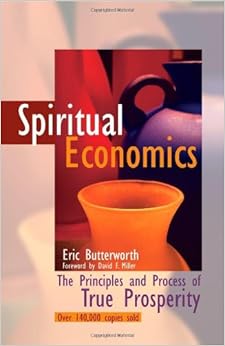
My doctoral research title is “The Bahá’í teachings on economics and their implications for the Bahá’í community and the wider society.” In 2018, a thesis to the book was completed. Hence, I did my doctoral research at the University of Leeds (the administrative part) in the UK in 2016.

It was this condition that fueled my passion for studying and researching the Bahá’í teachings on economics and exploring alternative solutions to tackle some of the challenging economic questions of our time. It was clear from my experiences and observations that such extremes and their effects on people’s lives are of great significance in understanding and redefining human well-being. Without discarding the existing economic systems, models and theories, the proposition is that the exploration, appreciation and understanding of moral and spiritual principles of the Bahá’í faith on economics would be harmonising and beneficial to all.Living amongst both the poorest nations and the wealthiest nations of the world for more than four decades, I witnessed inequality in the standard of living and a widening gap between the rich and the poor. The inspired vision of this thesis is therefore not limited to the Bahá’í community but also applies to the wider society. The two entities as social disciplines would work well together in creating a better-balanced life and prosperous communities. The thesis argues that the role of economics is to attain a good life and the role of religion is to educate and inspire people how to live a good life, hence the assertion is that the Bahá’í faith as a religion and economics as a social science are complementary in their aims and objectives.

The proposition is that a multi-dimensional solution based on the material and spiritual aspects of life can influence human action and improve people’s quality of life. Consequently, through a holistic approach this research links spiritual principles to the material life of individuals and families.

The discussion will be centered on the Bahá’í belief of unity as a core principle and as a prerequisite for improving the material and spiritual life of the Bahá’í community. This requires extensive study of primary scriptures and institutional resources of the Bahá’í faith. This research will further attempt to explore and develop the understanding of Bahá’í writers and scholars on this subject, and systematise them in a fashion that is accessible to academia, and beneficial to the Bahá’ís, the Bahá’í institutions and the wider society. Therefore, it is timely to carry out a systematic study of the extensive volume of primary writings of the Bahá’í faith on economics and related subjects. The Bahá’í faith has appeared at a time of global social and economic integration and internationalisation of affairs.


 0 kommentar(er)
0 kommentar(er)
